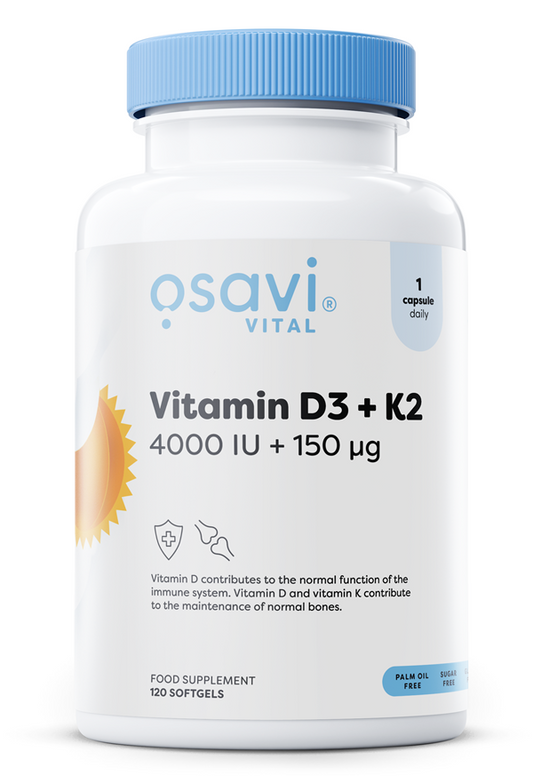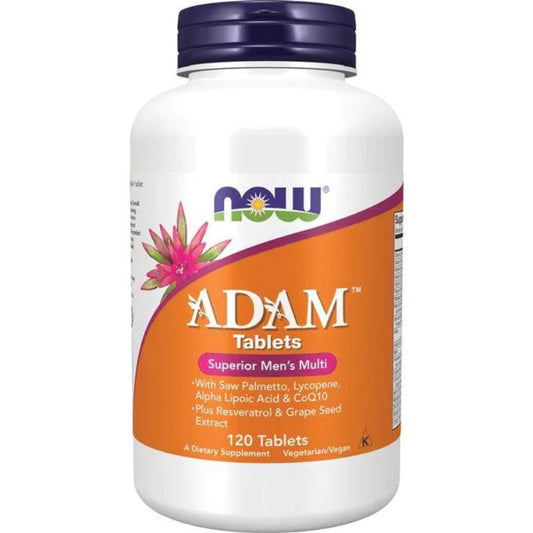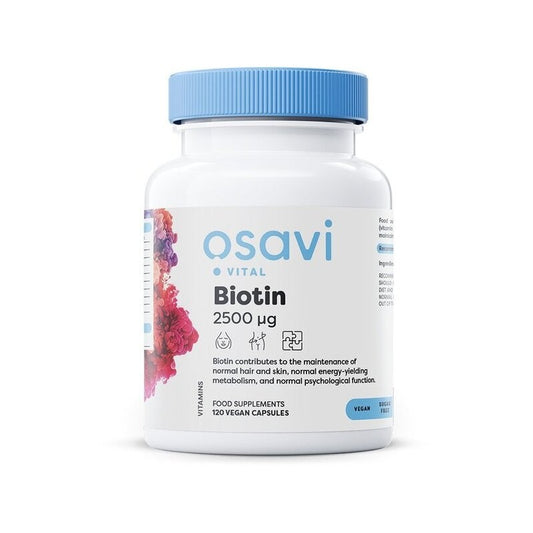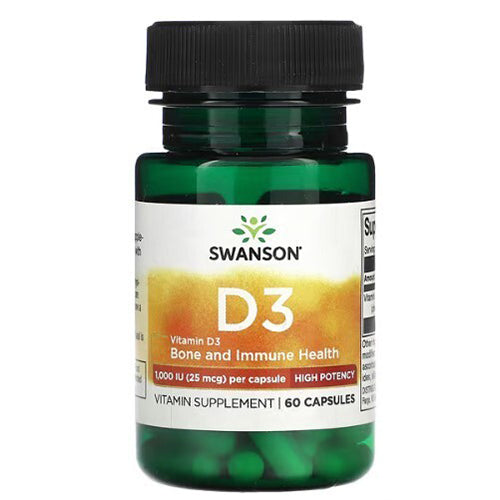
Menstrual Cycle Health – Vitamins, Supplements, and Lifestyle Support
Jakub SkibaMenstrual health is a critical part of overall wellbeing for anyone who menstruates, yet it’s often overlooked. Beyond monthly bleeding, the menstrual cycle affects energy, mood, comfort, and productivity throughout the month. Many experience PMS, cramps, heavy or irregular periods, fatigue, and bloating—symptoms that can disrupt daily life. Lifestyle habits such as exercise, stress management, and sleep are essential, but targeted nutrition, vitamins, and supplements can play a supportive role in managing discomfort and maintaining hormonal balance naturally. By understanding how nutrients impact the menstrual cycle, you can take proactive steps to optimize comfort, energy, and overall cycle health.
Understanding Menstrual Health and Hormonal Balance
The menstrual cycle is regulated by hormones, mainly estrogen and progesterone, which fluctuate each month to control ovulation, bleeding, mood, and energy. Hormonal imbalances, nutrient deficiencies, or lifestyle stressors can contribute to:
-
Premenstrual syndrome (PMS): irritability, mood swings, bloating, breast tenderness, fatigue
-
Dysmenorrhea: cramping and abdominal discomfort
-
Heavy menstrual bleeding
-
Irregular periods
-
Low energy and fatigue
Maintaining hormonal balance through proper nutrition and lifestyle habits may help improve comfort and overall wellbeing during the cycle.
Nutrition and Hormonal Support
A nutrient-rich diet stabilizes blood sugar, reduces inflammation, and supports hormonal regulation. Key strategies include:
-
Eating whole foods: leafy greens, nuts, seeds, lean protein, and omega-3-rich fish
-
Increasing fiber to support hormone detoxification
-
Reducing processed foods, refined sugars, and alcohol to prevent worsening symptoms
Key Vitamins and Supplements for Menstrual Health
Vitamin B6 (Pyridoxine)
Function: Supports neurotransmitters (serotonin, dopamine), red blood cells, and hormone metabolism
Benefits for menstrual health:
-
May reduce irritability and mood swings
-
Supports energy levels
Food sources: Bananas, salmon, turkey, spinach, chickpeas, fortified cereals
Supplement guide: 50–100 mg/day (do not exceed 100 mg/day)
Calcium
Function: Supports muscle function, nerve signaling, and mood regulation
Benefits for menstrual health:
-
May relieve PMS-related bloating and fatigue
-
Supports overall comfort during menstruation
Food sources: Milk, fortified plant milks, kale, tofu, almonds, sesame seeds
Supplement guide: 500–1000 mg/day
Vitamin D
Function: Hormone-like vitamin supporting calcium absorption, mood, and menstrual cycle regularity
Benefits for menstrual health:
-
May help reduce PMS severity
-
Supports overall energy and wellbeing
Food sources: Sunlight, fatty fish (salmon, mackerel), egg yolks, fortified dairy or plant milks
Supplement guide: 800–2000 IU/day depending on blood levels
Vitamin E
Function: Powerful antioxidant that supports cellular health and prostaglandin balance
Benefits for menstrual health:
-
May reduce breast tenderness and menstrual discomfort
-
Supports overall cycle comfort
Food sources: Nuts, seeds, spinach, avocado, vegetable oils
Supplement guide: 100–400 IU/day
Magnesium
Function: Supports muscle relaxation, nervous system function, and serotonin production
Benefits for menstrual health:
-
May reduce cramps, bloating, headaches, and mood swings
Food sources: Dark leafy greens, nuts, seeds, whole grains, legumes, dark chocolate
Supplement guide: 200–400 mg/day (glycinate or citrate preferred)
Iron (with Vitamin C)
Function: Supports red blood cells and oxygen transport; Vitamin C enhances absorption
Benefits for menstrual health:
-
Supports energy, particularly with heavy periods
-
May reduce fatigue and brain fog
Food sources: Red meat, lentils, spinach, pumpkin seeds, quinoa, fortified cereals
Supplement tip: Pair iron-rich foods with vitamin C for better absorption
Supplement guide: 18 mg/day; supplement only if deficiency is confirmed
Zinc
Function: Supports hormone production, immune function, and reproductive health
Benefits for menstrual health:
-
May help reduce cramping
-
Supports hormonal balance during the luteal phase
Food sources: Oysters, pumpkin seeds, beef, lentils, cashews, chickpeas
Supplement guide: 15–30 mg/day (do not exceed 40 mg/day without guidance)
Herbal Supplements for Menstrual Support
Chasteberry (Vitex agnus-castus)
-
May help balance hormones and support PMS comfort
-
Evidence suggests mild symptom relief for PMS
Ginger
-
Anti-inflammatory and natural pain relief
-
May support comfort during menstruation
Lifestyle Habits to Enhance Menstrual Health
-
Balanced diet: Whole foods rich in vitamins and minerals
-
Regular exercise: Low-impact activities like yoga, walking, swimming
-
Adequate sleep: 7–9 hours per night
-
Stress management: Mindfulness, therapy, or relaxation exercises
-
Hydration: Supports energy and overall cycle comfort
Supplements are most effective when combined with healthy lifestyle practices and a nutrient-rich diet. They are not a replacement for proper nutrition or medical care.
Should You Take a Supplement?
-
Test first: Know your nutrient status before supplementing
-
Diet first: Food should be the primary source of nutrients
-
Consult a healthcare professional: Especially if taking medications or managing chronic health conditions










